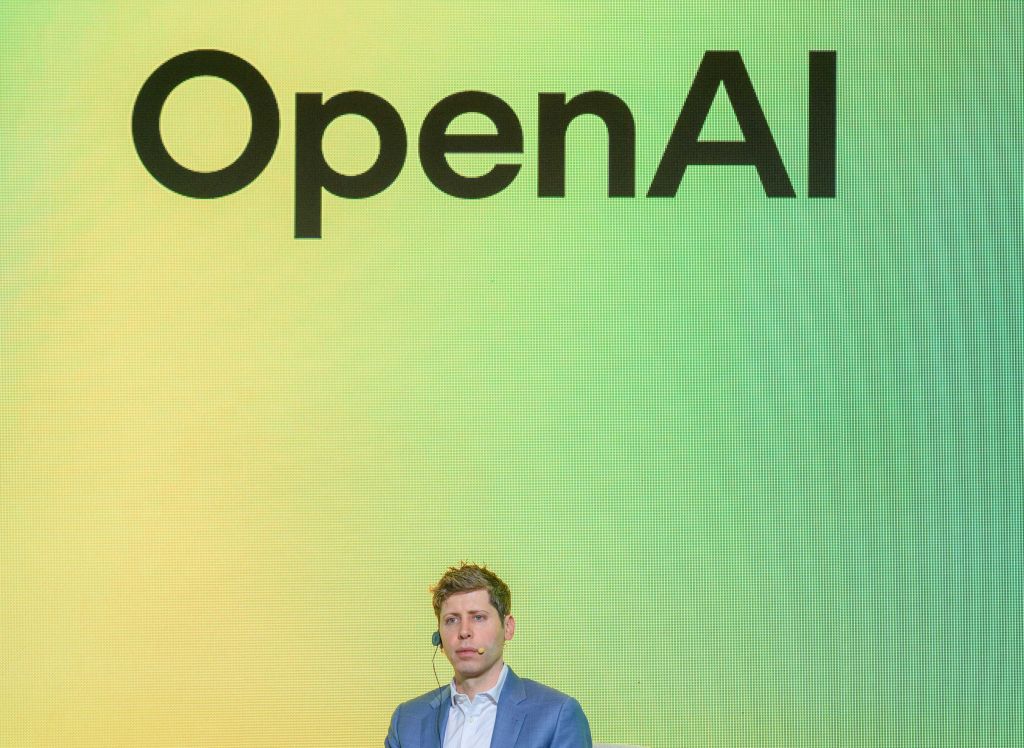OpenAI urges U.S. government to establish legal standards for ‘fair use’ in AI training

OpenAI’s Proposal for AI Copyright Policy Change
In a recent proposal aimed at reshaping artificial intelligence (AI) policies in the United States, OpenAI has urged the government to adopt a new copyright approach. This recommendation is part of the AI Action Plan, an initiative developed during the Trump administration to enhance AI regulation in America.
Importance of Fair Use in AI Development
OpenAI argues that the existing fair use doctrine is crucial for the growth of AI technologies in the nation. The organization believes that America’s success in AI innovation, attracting investments, and achieving significant research milestones is largely due to these lenient regulations. They emphasize that fair use allows AI models to learn from various types of copyrighted materials, fostering development and innovation.
Previous Stances on Copyright Issues
This isn’t the first time OpenAI has pushed for more lenient copyright laws regarding AI training. The company has a history of utilizing publicly available data, often without seeking permission from the original data creators, to train its AI models. Their position has stirred controversy, especially among content creators who have raised concerns about copyright violations.
In a previous statement directed to the U.K.’s House of Lords, OpenAI claimed that restricting AI training to content within the public domain could yield only limited results. They suggested that such a restriction would hinder the ability of AI systems to serve modern-day needs effectively. By advocating for a broader interpretation of copyright, they believe that AI can better learn from diverse sources, leading to more advanced and capable systems.
Impact of OpenAI’s Argument on Content Owners
The call for a more permissive copyright framework may face backlash from content owners who have already taken legal action against OpenAI for copyright infringement. These stakeholders argue that proper recognition and compensation for their work are fundamental to maintaining a fair and balanced creative environment. They might take issue with OpenAI’s consistent advocacy for looser laws, as it could undermine their rights and reduce their control over their intellectual property.
The Balancing Act of Intellectual Property and Innovation
As the debate continues, it becomes essential to balance intellectual property rights with the need for innovation in AI. Companies like OpenAI are at the forefront of this discussion, pushing for legislation that supports technological advancement while navigating the legal complexities surrounding copyright.
Many experts suggest that developing an effective regulatory framework will require ongoing dialogue between AI developers and content creators. This conversation aims at crafting policies that ensure both the protection of creative work and the continued evolution of AI technologies that have the potential to drive significant advancements in various fields.
Conclusion
OpenAI’s proposal highlights the ongoing debate within the AI sector regarding the adequacy of current copyright laws. As AI systems evolve and integrate into various aspects of society, the need for clear and fair regulations becomes more pressing. The outcome of this dialogue will likely shape not only how AI develops but also how intellectual property is understood and protected in an increasingly digital world.




